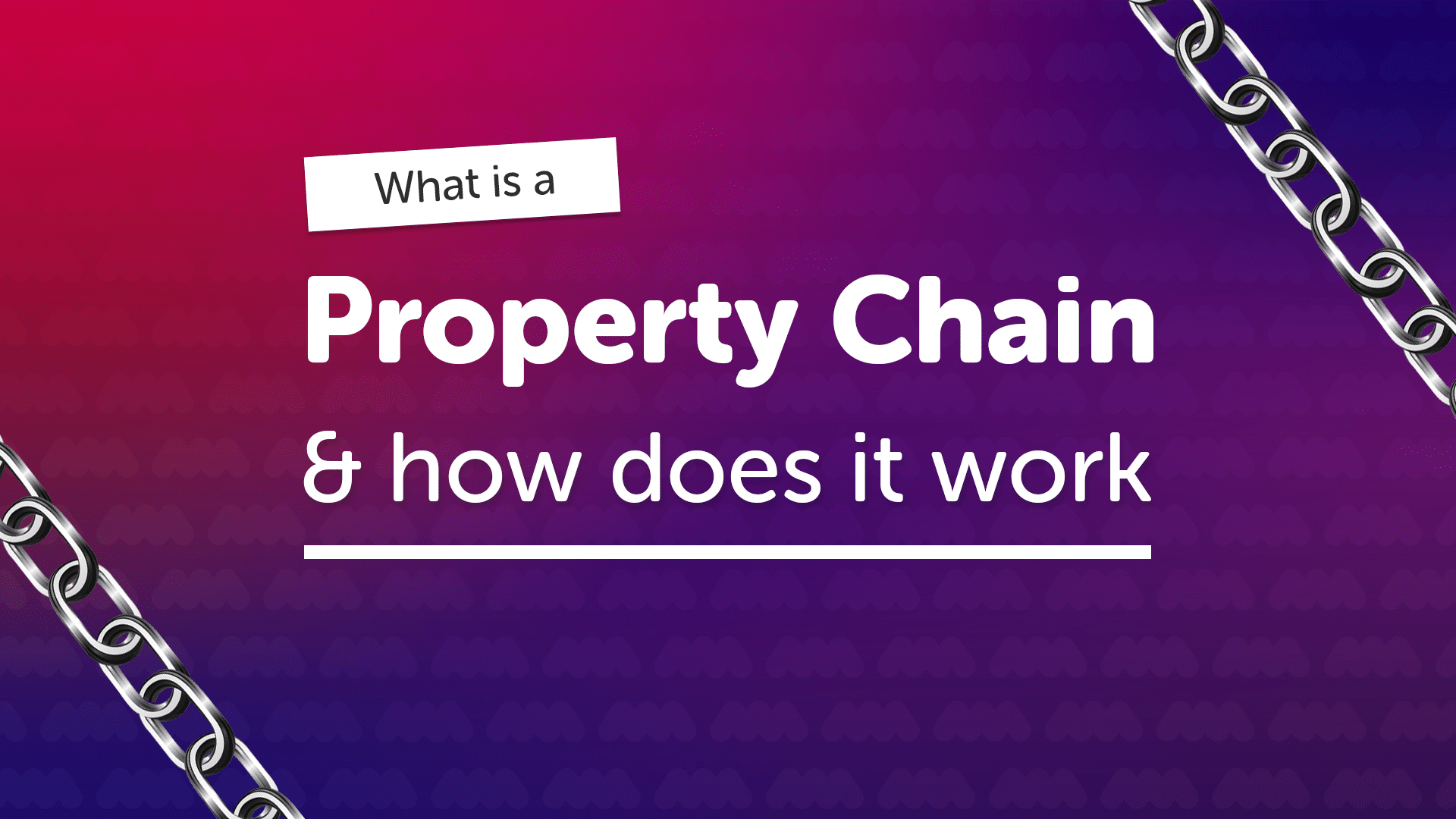When a mortgage lender asks to look at your bank statement, they will be looking for a variety of things. One of the main reasons for this is to confirm whether you are a responsible borrower who can manage your finances and maintain monthly mortgage repayments.
We regularly find ourselves being asked by mortgage applicants if gambling transactions look bad on their bank statements?
Mortgage Questions to Consider
What has it got to do with the lender whether I gamble or not?
From splashing your cash on the Grand National once a year, to being a regular customer on internet betting websites, properly licensed gambling is not illegal. After all, there are many advertisements about gambling these days.
Gambling is seen by many as a hobby or pastime, though it’s also important to remember the tagline on all of those adverts, which is to gamble responsibly. This is key, ahead of applying for a mortgage.
Whilst it’s not up to a mortgage lender to tell you how to spend your money or that you should gamble responsibly, they themselves have a duty to lend responsibly and adhere to mortgage regulation.
If a mortgage lender needs to be careful who he lends to and prove to regulators that they are responsible, it is not too much to expect the same approach to an applicant and his finances.
Think about it from your own perspective; If you were going to lend money to someone, you would want to know that the person you are lending to is a trustworthy individual and adamant that they’ll pay you back.
Is it still possible to get a mortgage if I’ve got gambling transactions on my recent bank statements?
As described at the beginning of this article, a mortgage lender cannot stop you from doing so because gambling is not illegal. Nor is it automatically guarantee that you are going to be declined, it can be possible to get a mortgage!
Where it can be difficult for applicants with gambling habits is that it is up to a mortgage lender to decide whether your transactions are reasonable and responsible or not.
Against this background, they will look at how often these transactions occur, how big these transactions are compared to the income of applicants, and the impact they have on your account balance.
If you only make smaller transactions on an infrequent basis, with minimal impact on your credit score, then a mortgage lender probably won’t bother them. On the contrary, larger, more frequent transactions are likely to be considered irresponsible and you could be rejected.
Is there anything else lenders wouldn’t want to see on my bank statements?
As we have looked at, a mortgage lender will be looking to see how you manage your finances in order to determine whether or not you can be a reliable borrower.
It is important to remember that mortgage lenders are financial institutions that tend to sell current accounts, overdraft options, credit cards, personal loans and more, so things like this will also play a role in your mortgage application.
The key for a mortgage applicant is how well you can manage these facilities. For example, having an overdraft and occasionally using it isn’t necessarily bad, though going over repeatedly will go against you.
They will also look for any missed payments on any personal loans you have and any undisclosed loans you have. You might be keeping up your payments, but failing to mention a regular outgoing won’t look great.
Finally, a mortgage lender may well consider how much of the month is spent overdrawn. Do you immediately go to credit on payday and spend the rest of the month struggling? How lasting is a mortgage for you?
What can I do to improve things?
The simple answer to this is just to be sensible and plan ahead if you can. Generally, a mortgage lender wants to see the last 3 months bank statements, to show your income and regular outgoings.
As such, if you are looking to apply for a mortgage in the future, you should be careful in advance. Take a break from gambling and showcase your bank account in the best light.
Your mortgage broker in London can help you during your mortgage process, as there may be mortgage lenders willing to take fewer bank statements.
The simple answer to this is just to be sensible and plan ahead if you can. Generally, a mortgage lender wants to see the last 3 months bank statements, to show your income and regular outgoings.
As such, if you are looking to apply for a mortgage in the future, you should be careful in advance. Take a break from gambling and showcase your bank account in the best light.
Your mortgage broker in London can help you during your mortgage process, as there may be mortgage lenders willing to take fewer bank statements.
Having said that, it is always important to be as careful as possible before applying for a mortgage because even lenders who are initially willing to accept less still reserve the right to request more if necessary.
Always ensure that you gamble responsibly! There is a warning for your financial and mental well-being.
Speak to a Mortgage Broker in London
If you are new to the mortgage world as a first time buyer in London applying for a mortgage, it is always recommended that you speak with a specialist mortgage advisor.
We are experienced in helping customers to obtain mortgages with bad credit, so even if your credit history doesn’t look great, there may still be options for you!
Date Last Edited: January 20, 2023















